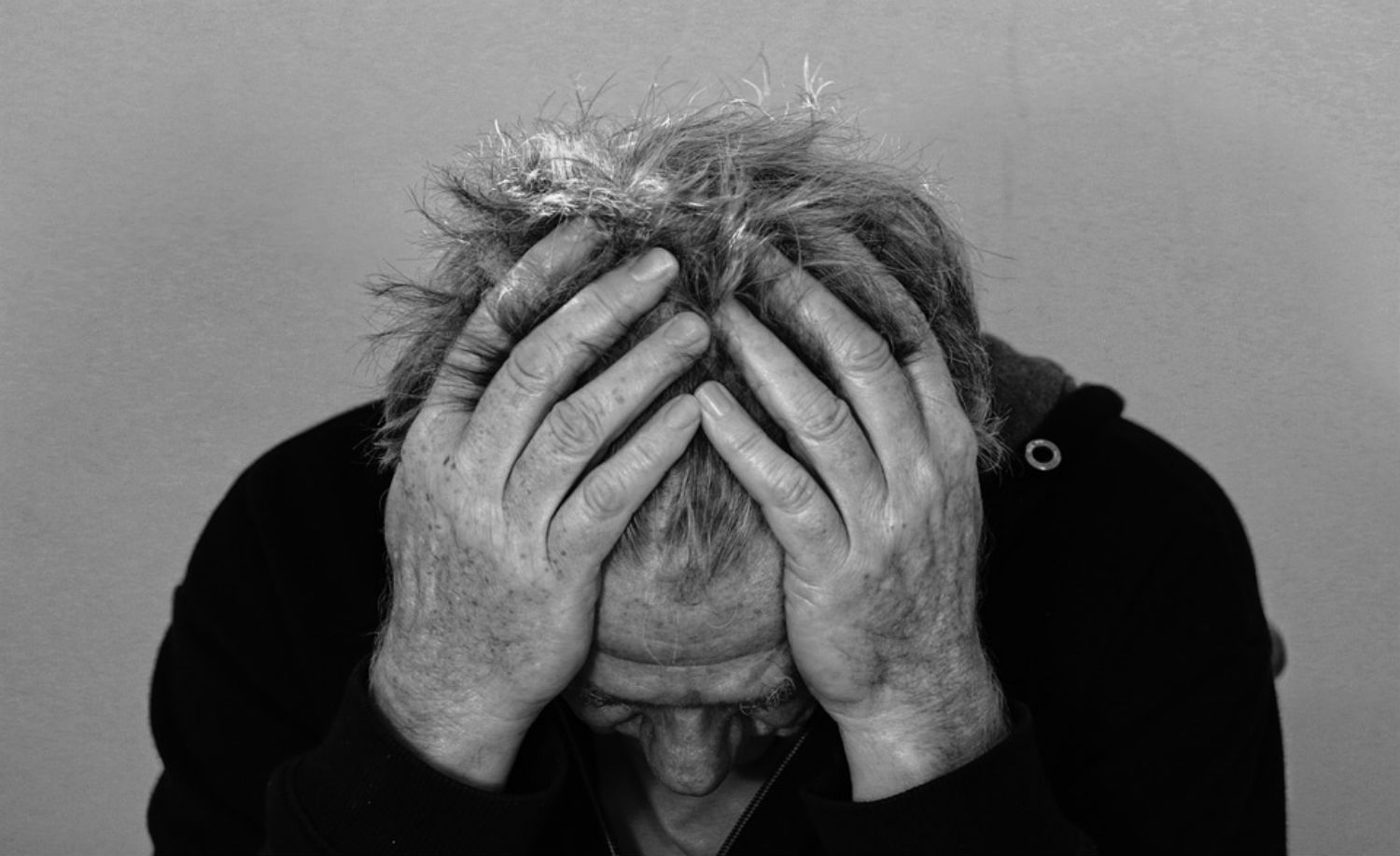Science shows that men suffer from postpartum depression too. What are the signs and symptoms? What is the treatment required? Read on to know.
Postpartum depression (PPD) is a mood disorder, that is associated with childbirth. It’s commonly misinterpreted as “baby blues,” a condition that mothers go through right after giving birth. But the two are different; Impact Guru reports that 15% of women in India, suffer from PPD every year in India. If not spotted and treated in time, it can lead to postpartum mood disorders (PPMDs) and postpartum psychosis. Contrary to popular misconception, PDD is not found in just women, but men too.
Postpartum depression in men
Because childbirth is carried out by women, it is popularly believed that they alone, suffer from PDD. But science shows that men do too, although it’s more commonly found in women. A report by healthychildren states that postpartum depression in men is becoming common, and affects between 2% to 25% of men, during their partner’s pregnancy or after it.
Post-pregnancy, the condition can prevail for 3-6 months in men.
A report by parents.com mentions a report by the Journal of the American Medical Association. It states that 10% of the men worldwide showed signs of depression in the first trimester of their partner’s pregnancy to six months, post the birth of the child.
The number spiked to 26% between 3-6 months after delivery. James F. Paulson, PhD at Old Dominion University, in Norfolk, Virginia, says, “That’s more than twice the rate of depression we usually see in men. The fact that so many expecting and new dads go through it makes it a significant public-health concern—one that physicians and mental-health providers have largely overlooked.”
What are the causes of postpartum depression?
- Lack of sleep
- History of the condition in the family
- A father’s rocky relationship with the mother
- A sick or premature baby
- Financial problems
- Stress at work
- Loss of loved one during childhood or before his child’s birth
- Wife suffering from postpartum depression
Signs and symptoms of the condition
A Dad may come across as:
- Angry and picking up a fight
- Drinking more than usual
- Engaging in violent behaviour
- Frustrated and irritable
- Significant weight gain or loss
- Isolated from friends and family
- Getting stressed easily
- Being reckless
- Being cynical
- Cribbing about things more than usual
- Loss of interest in work, sex drive, usual hobbies
- Feeling demotivated
- Has trouble concentrating
- Fatigued
- Crying for no reason
- Suicidal thoughts
What factors put men at risk for postpartum depression?
The father may…
- Be worried about developing a bond with the baby
- Not have a good male role model to look up to
- Feel lack of proper social support from friends and family
- Be jealous of the mother’s bond with the child
- Feel an absence of rewards in parenting
- Have low testosterone levels
- Have a lack of intimate relationship with the mother
What happens if postpartum depression doesn’t get treated in time?
- The father may be prone to hitting his child more
- May be less likely to develop a healthy bond with the child
- The father’s negative approach towards his kid may result in behavioural problems in the latter
- Depressive symptoms in the father may result in developmental delays in his children
- The father may suffer from a broken relationship with the mother
Treatment options for the condition
Therapy and counselling sessions can help a great deal. However, if you are looking for a more permanent solution, we recommend, Neurofeedback! To learn more, watch this video.
Brain & Co. offers med-free treatment that could help you overcome some of the challenges that come with depression/anxiety/sleep issues/ADHD etc. Visit our website or give us a call to learn more.



